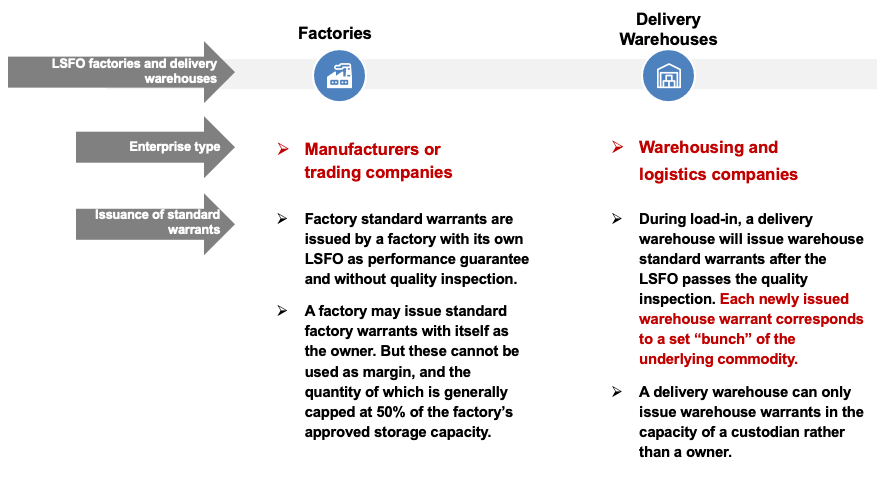What Loan Type Provides Interest Subsidy: Unlocking Financial Opportunities
Guide or Summary:Understanding Interest SubsidiesTypes of Loans Offering Interest SubsidiesThe Benefits of Interest SubsidiesIn today's financial landscape……
Guide or Summary:
- Understanding Interest Subsidies
- Types of Loans Offering Interest Subsidies
- The Benefits of Interest Subsidies
In today's financial landscape, understanding the different types of loans available can be a game-changer for individuals seeking to manage their finances effectively. One of the most enticing options that many borrowers overlook is the interest subsidy provided by specific loan types. So, what loan type provides interest subsidy, and how can it benefit you? This article delves into the details of interest subsidies, the types of loans that offer them, and how they can significantly ease your financial burden.
Understanding Interest Subsidies
An interest subsidy is a financial benefit where the lender pays a portion of the interest on a loan, reducing the overall cost for the borrower. This can make loans much more affordable, especially for those who may struggle to meet high-interest payments. Interest subsidies are particularly prevalent in government-backed loans, such as federal student loans and certain housing loans, aimed at making essential services more accessible to a broader audience.
Types of Loans Offering Interest Subsidies
Now, let’s explore the specific loan types that provide interest subsidies:
1. **Federal Student Loans**: One of the most common types of loans offering interest subsidies is federal student loans, particularly the Subsidized Direct Loan. This loan is available to undergraduate students who demonstrate financial need. The U.S. Department of Education pays the interest on the loan while the student is in school at least half-time, during the grace period, and during deferment periods.

2. **Housing Loans**: Various housing assistance programs provide interest subsidies to make homeownership more feasible for low- and moderate-income families. For instance, the U.S. Department of Agriculture (USDA) offers loans with interest subsidies for eligible rural homebuyers, allowing them to access lower monthly payments.
3. **State and Local Programs**: Many states and local governments have their own programs that provide interest subsidies for first-time homebuyers or low-income individuals. These programs can significantly reduce the cost of borrowing, making homeownership more achievable.
4. **Small Business Loans**: Some small business administration (SBA) loans may offer interest subsidies to encourage entrepreneurship in underserved communities. These subsidies can help new business owners manage their cash flow more effectively.
The Benefits of Interest Subsidies
Understanding what loan type provides interest subsidy can open doors to numerous financial benefits. Here are some of the key advantages:

- **Lower Monthly Payments**: By reducing the interest burden, borrowers can enjoy lower monthly payments, making it easier to manage their budgets and allocate funds to other essential expenses.
- **Increased Accessibility**: Interest subsidies make loans more accessible to individuals who may not qualify for traditional financing. This can be particularly beneficial for students, low-income families, and aspiring entrepreneurs.
- **Long-Term Savings**: Over the life of the loan, the savings from interest subsidies can be substantial, allowing borrowers to pay off their loans faster or save for future investments.
- **Financial Stability**: With reduced financial strain, borrowers can achieve greater financial stability, which can lead to improved credit scores and better opportunities for future borrowing.

In conclusion, knowing what loan type provides interest subsidy is crucial for anyone looking to navigate the financial landscape effectively. Whether you are a student, a first-time homebuyer, or an aspiring business owner, exploring loans with interest subsidies can lead to significant savings and financial empowerment. By taking advantage of these opportunities, you can pave the way for a more secure financial future. If you’re considering a loan, be sure to research your options and consult with financial advisors to find the best fit for your needs.